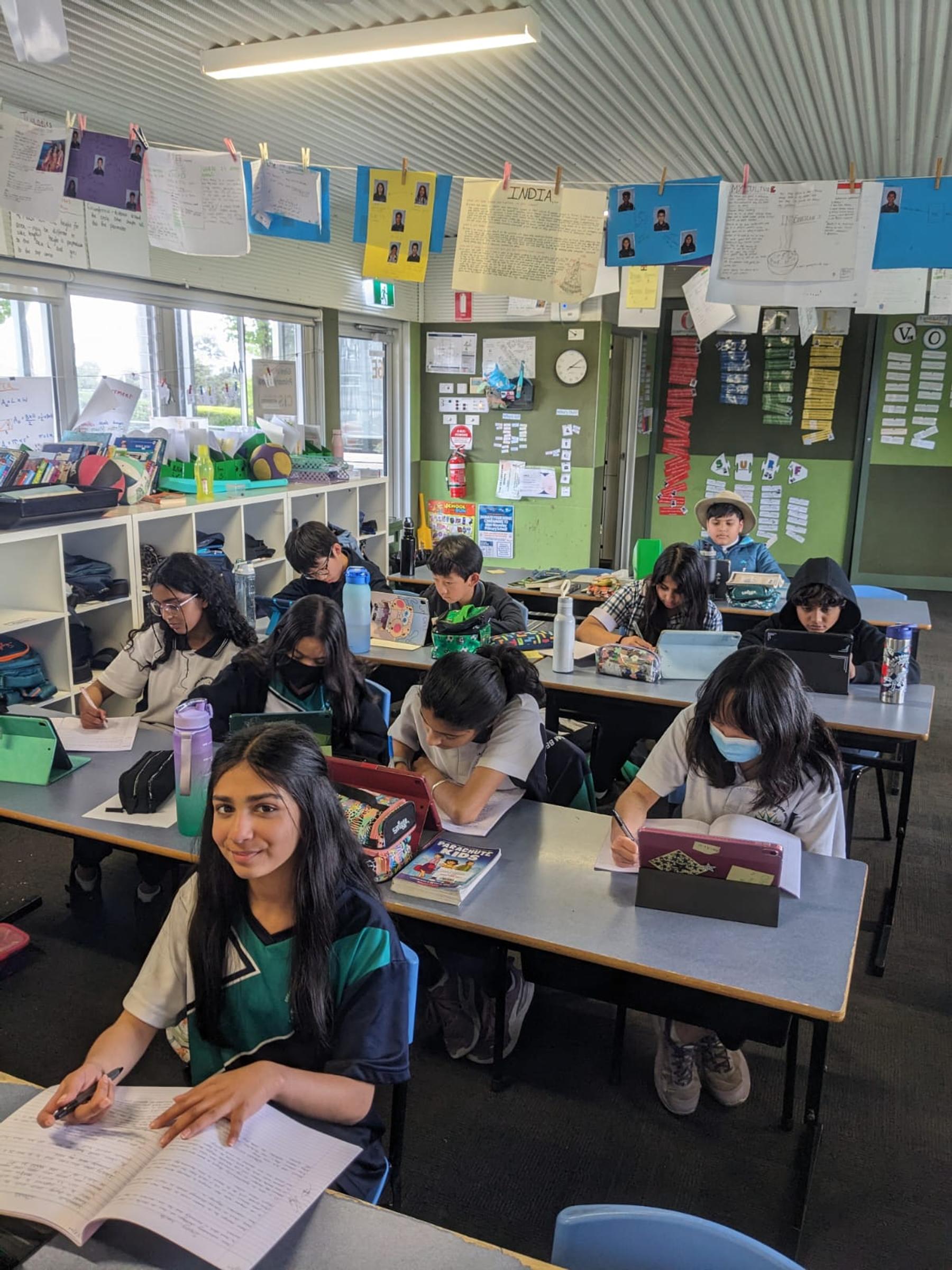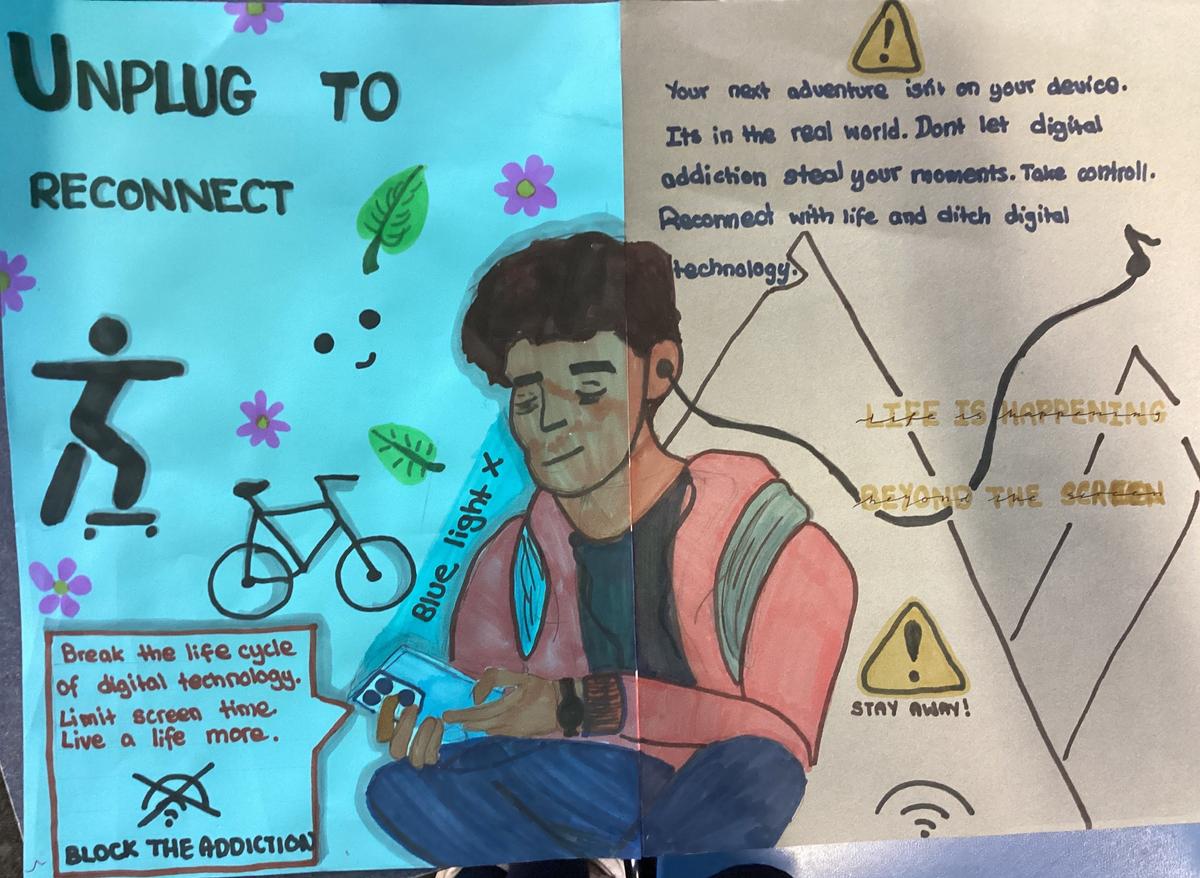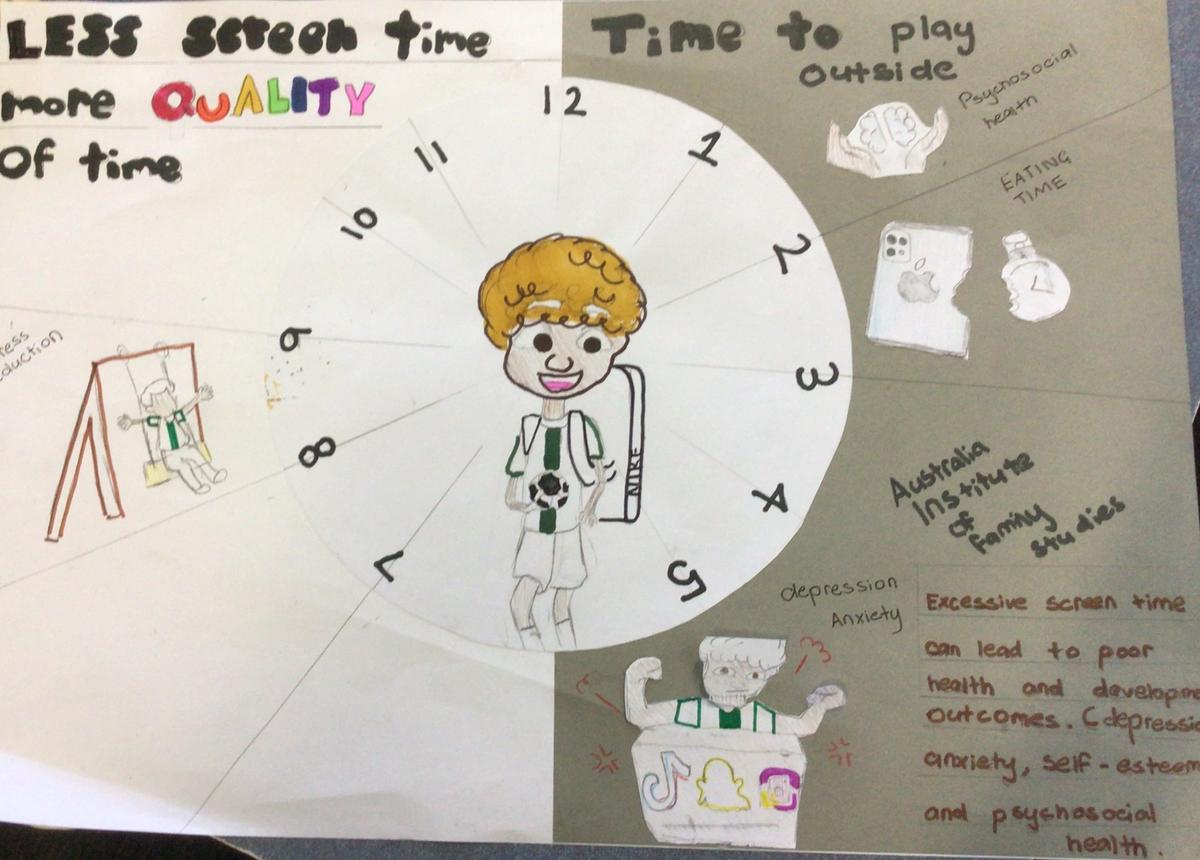Inquiry

Question: How can energy by generated and transformed ethically?
Global Goal: 7. Clean and Affordable Energy
The final Inquiry unit in Level Six will be guided by the question, ‘How can energy be generated and transformed ethically?’ They will begin the term by developing their scientific content knowledge around the different forms of energy (kinetic, heat, light, chemical and potential), their properties and how they can be generated and transformed into electricity. Students will further consolidate their Science Inquiry skills by conducting experiments and investigations related to energy. They will refine their abilities in the scientific method, including questioning, predicting, observing, accurately recording data, analysing results, and drawing conclusions.
The Inquiry unit will be linked to Global Goal 7, ‘Clean and Affordable Energy,’ as students investigate energy consumption on both local and global scales. They will examine energy use in Australia, focusing on present challenges with the use of renewable energy sources and the country's plans for a sustainable future. Students will then broaden their perspective to the global level, analysing the challenges and obstacles different communities face in their pursuit of accessible, affordable, clean, and sustainable energy.
To conclude this unit, students will undertake a STEAM project, applying their scientific knowledge to develop and present an innovative, data-driven design solution for an energy-related challenge impacting a community in the world. This project will integrate the Design Technologies curriculum and require students to utilize skills from various disciplines, such as Mathematics for analyzing energy usage data and Art for balancing the aesthetics and functionality of their design solutions.
Inquiry Key Vocabulary:
Energy, sustainable, renewable, generate, transform, innovation, design solution
How can you support your child’s Inquiry learning at home?
- Collaborate with your child to analyse the energy sources and energy-using products across your household. Monitor the energy usage and work together to develop strategies that optimise consumption and combat wastage.
- Look out for local or international news regarding energy-related issues. You may wish to discuss reasons for these issues, along with potential challenges and solutions.


